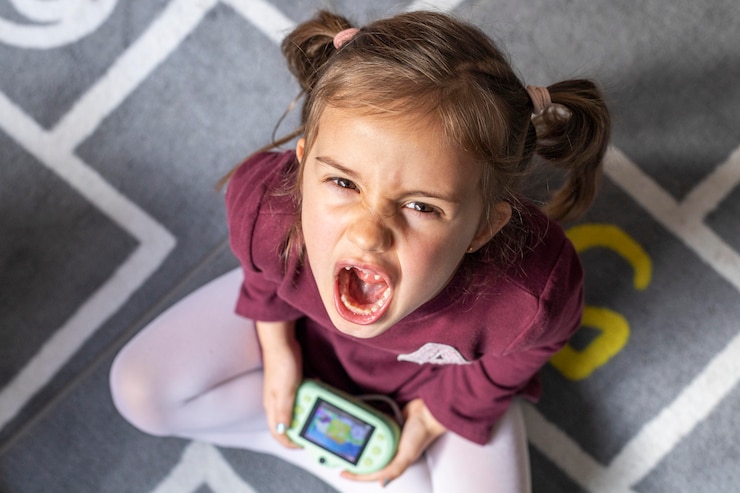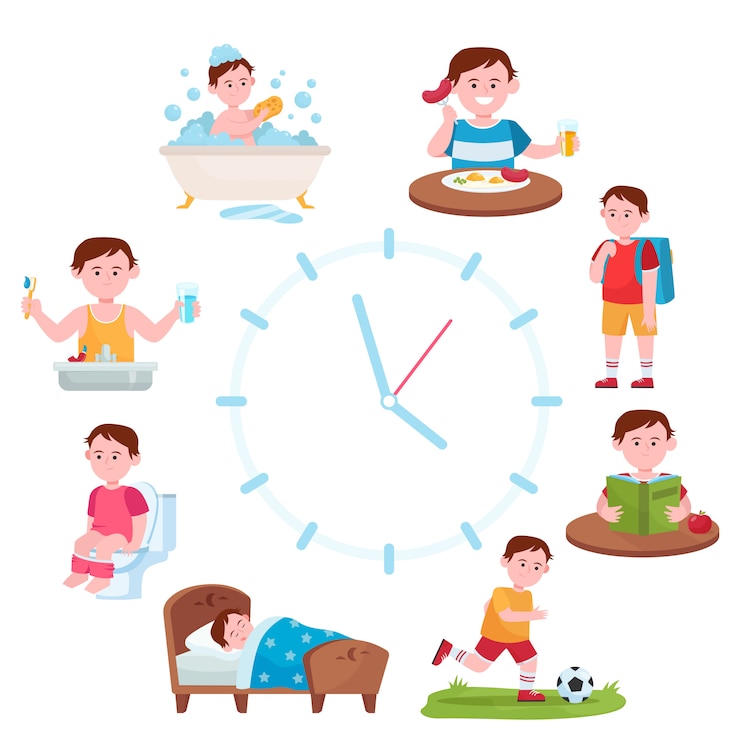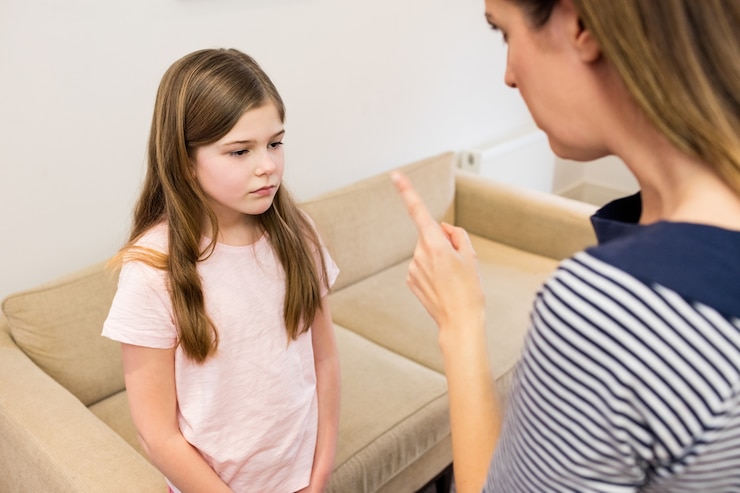
Angela has been in your position and truly understands what you’re going through. If you’re looking for more guidance than what you can find online, consider having Angela as your virtual parent coach.
—
**Table of Contents**
**Introduction:** Discover essential strategies from a child therapist for helping children manage anger, and learn why research shows that these techniques are effective throughout life.
—
Occasionally, my 4-year-old comes downstairs in his pull-up, asking, “Can I please have a piece of my candy for breakfast?”
Really? You don’t recall my response from the last 23 times you asked at 6:30 in the morning?
Despite candy or gum never being part of our breakfast routine, he remains hopeful every few weeks. Before I can even finish saying “no”, he begins to cry and yell.
Dealing with a child’s anger can be one of the most challenging parts of parenting. When faced with their child’s anger, many parents either end up in a power struggle or panic and try to quickly calm them with the often ineffective “calm down!”.
Most of us have resorted to these phrases at some point, usually because we lacked the emotional tools growing up. But just as our kids learn to tie their shoes or brush their teeth, they also need guidance in managing their anger.
Understanding why anger management is complicated for kids is crucial. Anger is a basic human emotion, but it often appears as a reaction to another emotion, making it a secondary emotion. That’s why we often hear that “anger is a mask” since it can hide other, more complicated feelings.
For example, when my little one asked for leftover Easter candy, he might have been feeling insecure or powerless, or perhaps just tired. Anger can quickly become a protective mechanism for several reasons.
Think of supporting your child’s journey through anger as an ongoing process. These strategies will give you confidence in guiding your child toward handling anger effectively both now and into adulthood.
**Special Offer:** My ‘Calm Kids Set’ is now 40% off for a limited time! It includes everything you need to help your child manage their anger and other big emotions.
Children find anger overwhelming because it triggers physical changes that make it hard for them to think clearly. It’s vital to teach them that anger is their body’s way of signaling that something is wrong, so it feels less intimidating.
Trying to discuss intense emotions during a meltdown is ineffective because, during high emotional arousal, your child won’t process what you’re saying.
Regularly talk about emotions in everyday life to help your child remember these crucial skills. Make plans together for how to calm down before anger takes over.
Staying calm yourself is the best way to help a child dealing with anger. You’re their role model, and they need you to maintain control when they can’t. Remember, you can’t expect your child to manage their emotions if you can’t manage yours.
**Printable Resource:** “75 Calm Down Activities for Kids”
Words like ‘thorns’ and ‘anger buttons’ help children identify situations that typically trigger their anger, fostering self-awareness and preparation for future events.
Teaching your child a wide range of emotion-related vocabulary helps them understand and express what they’re feeling. If a child can’t identify an emotion, they can’t acknowledge it. Fortunately, there are many excellent resources to help teach kids about emotions.
While you might hope your child can calm down alone, most will need a parent’s help to navigate their anger and regulate their nervous system. This process, called co-regulation, is crucial for nurturing an emotionally intelligent adult.
Your actions when you’re angry directly influence your child’s behavior. Are you demonstrating healthy coping skills, or do your emotions often take control? The best way to teach a child to handle anger positively is by modeling these behaviors yourself.
Supporting a child’s emotional well-being is crucial for their success in interacting with the world. When not managed well, anger can lead to stress and conflict. It’s a normal emotion, and by helping children develop a healthy relationship with it early on, they’ll learn to control it rather than be controlled by it.
Our world could benefit from better anger management, and teaching the next generation is a great place to start. Equip your child with the skills they need for life.
—
**Join over 30,000 intentional parents who receive the Parents with Confidence weekly email, and gain access to a FREE 5-day parenting course!**
– Learn the best way to protect your child’s self-esteem
– Discover how to gain your child’s cooperation
– Teach them the most valuable skill for their future
– Discipline without causing emotional harm
**Don’t miss out!**
Unsubscribe anytime. Built with Kit.
—
Related articles you might find useful:
[Links to related articles]



